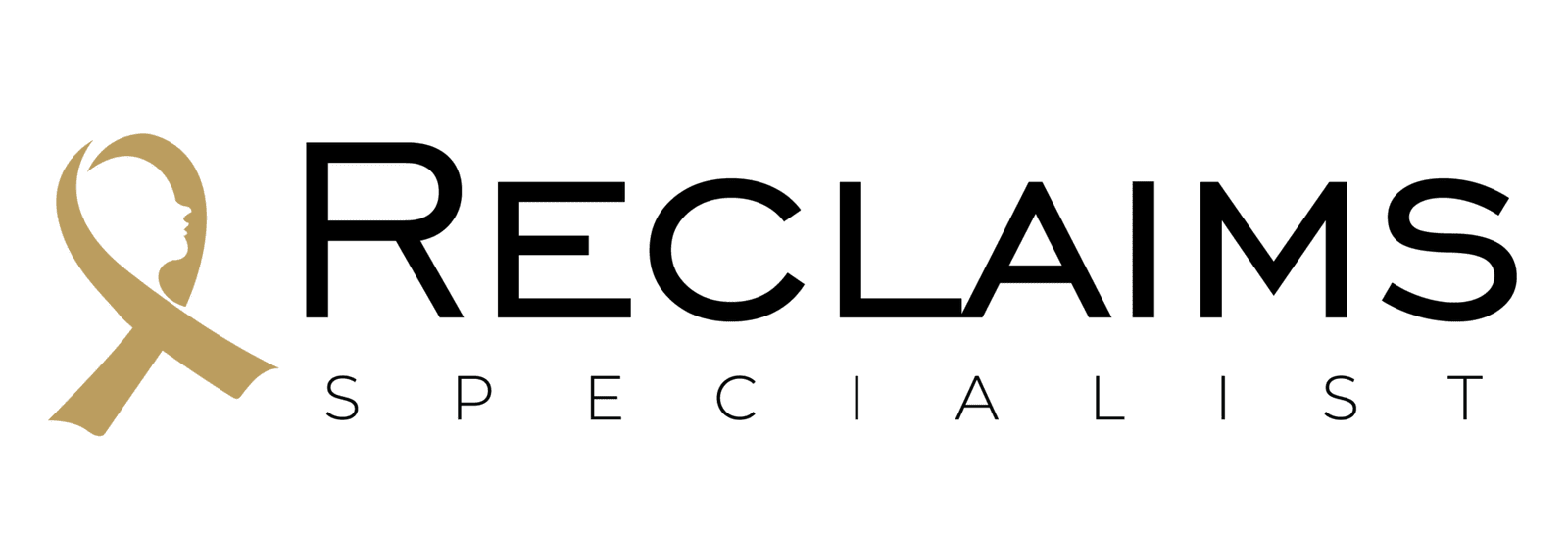
The Greatest Law Firm You Can Trust
Mass Tort
About Mass Tort
In the realm of legal practice, mass tort litigation refers to civil actions involving numerous plaintiffs who have suffered similar harm from a common defendant or defendants. These cases typically arise when a defective product, hazardous substance, or negligent corporate behavior causes widespread injuries or damages. Mass torts differ from class action lawsuits in that each plaintiff’s case is treated individually, allowing for variations in circumstances and damages. At our firm, we specialize in navigating the complexities of mass tort litigation, providing comprehensive legal representation tailored to each client’s specific needs. Our experienced attorneys work diligently to secure justice and compensation for those affected, leveraging our expertise to navigate intricate legal processes and advocate vigorously on behalf of our clients. Whether you’re dealing with pharmaceutical injuries, environmental disasters, or other mass tort claims, we are here to provide steadfast support and pursue the best possible outcomes for you.

2010s-present
Aqueous Film-Forming Foam (AFFF) has sparked mass tort litigation due to its inclusion of per- and polyfluoroalkyl substances (PFAS), linked to serious health risks like cancer and environmental persistence. Lawsuits target manufacturers like 3M and DuPont for alleged failure to warn users adequately. These cases seek compensation for individuals, especially firefighters and military personnel, exposed to contaminated water sources.
2010s-present
Roundup, a widely-used herbicide containing glyphosate, faces mass tort litigation amid claims linking it to non-Hodgkin lymphoma. Plaintiffs argue Monsanto (now Bayer) knew but failed to disclose risks. Lawsuits emphasize compensation for individuals, such as farmers and gardeners, whose exposure allegedly led to cancer diagnoses. Settlements and verdicts highlight ongoing regulatory scrutiny and public health concerns.
2000s-present
Talcum powder faces mass tort litigation over claims linking its use to ovarian cancer and asbestos contamination. Lawsuits target manufacturers like Johnson & Johnson, alleging they knew about risks but failed to warn consumers. Plaintiffs, predominantly women, seek compensation for health issues linked to talc exposure, highlighting ongoing regulatory scrutiny and efforts for safer cosmetic product practices.
2000s-present
Camp Lejeune’s mass tort litigation involves contamination of drinking water with toxic substances like trichloroethylene (TCE) and perchloroethylene (PCE) from the 1950s to 1980s, linked to severe health issues including cancers and birth defects. Plaintiffs, including military personnel and families, seek accountability and compensation from the U.S. government for alleged negligence and failure to act promptly.
2000s-present
Necrotizing Enterocolitis (NEC) mass tort litigation focuses on premature infants developing this severe intestinal condition, allegedly due to cow’s milk-based infant formula products. Parents are suing manufacturers like Abbott Laboratories and Mead Johnson, claiming inadequate warnings about NEC risks. Legal actions aim to secure compensation and improve safety standards in infant nutrition.
1980s-present
Hair relaxers are the subject of mass tort litigation due to claims they cause serious health issues such as uterine cancer and hormonal disruptions. Lawsuits target manufacturers like L’Oréal and Strength of Nature, alleging failure to warn consumers about potential risks from ingredients like formaldehyde. Compensation is sought for individuals, primarily women, experiencing health problems linked to prolonged use of these products.
Contact Info
- 23 Street, New York City, United States Of America
- (+1) 1302-947-5530
- contact@reclaimsspecialist.com
- 24 x 7
© 2021 | All Rights Reserved | The information provided on this site is not intended to be legal advice. For advice specific to your situation, please consult an attorney. We welcome your calls, letters, and emails, but contacting us does not establish an attorney-client relationship. Please refrain from sending confidential information until an attorney-client relationship has been formally established. We are admitted to practice in New Jersey, New York, Hawaii, California, Ohio, Minnesota, and Washington D.C., as well as before federal agencies and tribunals.
